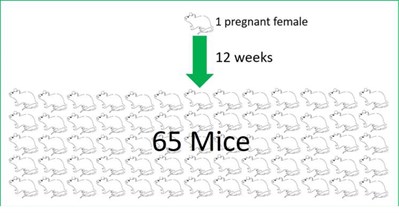Terminix has issued a warning to customers who are considering shutting down sites during the coronavirus outbreak. The company said it is important to continue checking for pests and eliminating them before they get an opportunity to establish and cause a health hazard.
Gareth Davies, Terminix’s specialist services, procurement & innovations director, said: “Rodents can carry and transmit numerous species of bacteria and of types viruses, some of which can be fatal to humans: Weil’s disease, Hantaan Fever, Murine typhus, Lymphocytic choriomeningitis, Yersiniosis, Salmonellosis, Rat bite fever, Tetanus, Q fever etc.
“Good, pro-active pest management is important to minimise the risk of these diseases. Rodents like undisturbed places to live. A building that has been closed up during a shutdown is an ideal place for them. If there is any food on or near the premises, then they will find and exploit it.”
Mr Davies pointed out that rodents only actually eat a few grams of food during their active period every 24 hours (each mouse about 3.5g and each rat about 25g), but they can damage a huge amount more.
He added: “Mice, in particular, tend to nibble little bits from lots of different food sources. During their nightly feeding excursions, they can contaminate even more with urine and faeces. They have a habit of leaking urine constantly as they run around, and they deposit about 80 droppings every 24 hours.
“If the food is for human consumption, then a lot can be rendered unusable in a short period of time by this damage and contamination.”
Meanwhile, rodents that are left undisturbed in protected buildings, with an unlimited food supply can increase in numbers at an alarming rate.
“Female rats and mice mature at around five to six weeks old and can then give birth to a litter of approximately eight young around every 21 days,” Mr Davies said.
“This can lead to huge escalations in populations: one pregnant female mouse in a property could lead to an infestation of 65 mice in the space of 12 just weeks. And in six months you could be inundated with 650 mice.”



